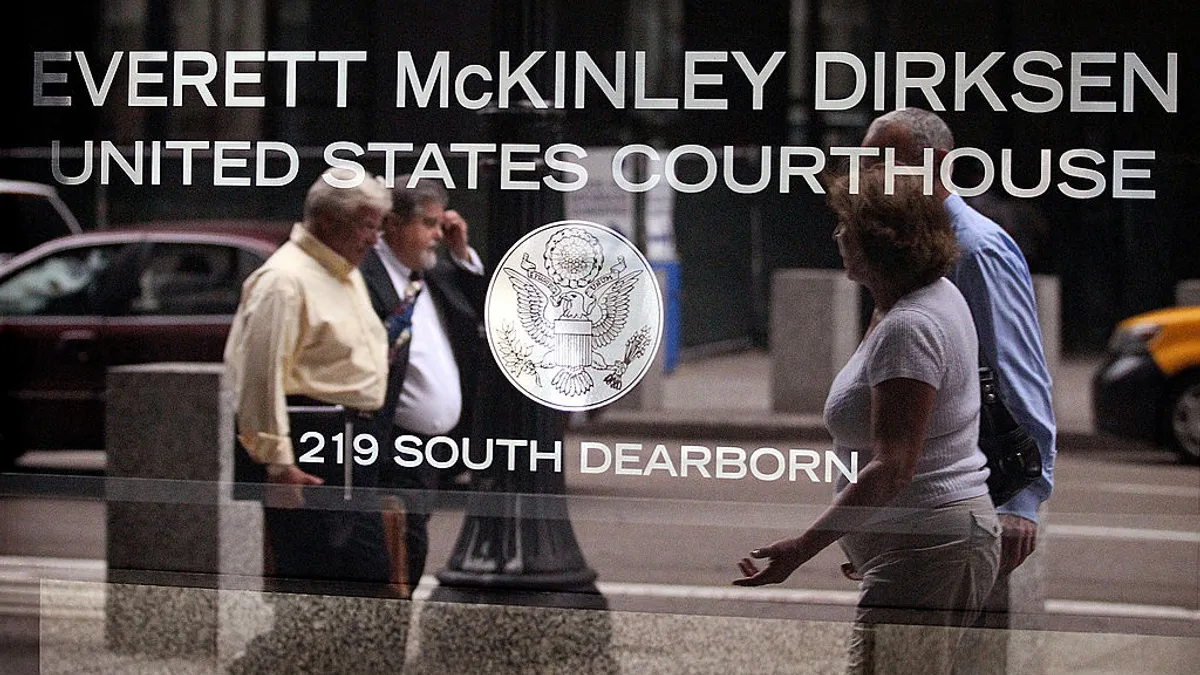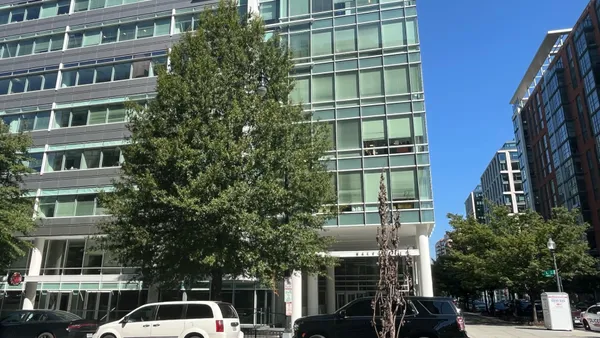The 7th U.S. Circuit Court of Appeals reversed a ruling in favor of an Indiana school district on a teacher’s failure-to-accommodate claim Aug. 5, saying the evidence raised questions over whether the teacher’s requested accommodation — an exemption from calling transgender students by their chosen names — created an “excessive” or “unjustifiable” burden on the school district.
The ruling in Kluge v. Brownsburg Community School Corp. shows how the strict standard of “undue hardship” required by Groff v. DeJoy makes it harder for employers to justify rejecting a religious accommodation request under Title VII of the Civil Rights Act of 1964.
The divided three-judge panel sent the case back to the district court for further proceedings consistent with its holding.
In Kluge, according to court documents, the teacher was Christian and taught orchestra in a public high school. He objected on religious grounds to a policy that allowed transgender students, with documentation from parents and healthcare providers, to list their chosen first names and pronouns on an enrollment database. Teachers had to use these names and pronouns once the database was updated, court records said.
The teacher believed calling transgender students names that conflicted with their biological sex was a sin because it “encouraged their transgender identities,” according to court documents. As an accommodation — which was initially granted — he proposed calling all his students by their last names, “like a sports coach.”
At the end of the school year, following complaints by a few students and teachers and one parent, the school district rescinded the accommodation.
Allegedly faced with being fired for not complying with the policy, the teacher resigned and sued the school district for failing to accommodate his religious beliefs, in violation of Title VII.
The complaint was filed before Groff was decided; under the pre-Groff standard, an employer was not required to accommodate an employee’s religious beliefs or practices if doing so imposed anything more than a minimal cost or slight burden on the employer, the 7th Circuit explained in its recent ruling.
The first time the district court heard the case, it concluded the minimal standard was met and granted summary judgment to the school district. The 7th Circuit affirmed.
After the Supreme Court decided Groff, the case went back to the district court, which again ruled for the school district.
This time, upon appeal, the 7th Circuit reversed. Under Groff, “undue” means the burden “must rise to an ‘excessive’ or ‘unjustifiable’ level,” the two majority judges explained, quoting the Supreme Court.
The school district failed to produce undisputed facts showing it met this standard, the judges held. That is, under Groff, it failed to establish the last-name accommodation, in isolation, imposed an undue hardship on its alleged mission of providing a safe and inclusive learning environment, they explained.
It was no longer enough, as it was before, that two transgender students in the teacher’s class felt targeted and that some other students and teachers in his department found his behavior offensive and were uncomfortable with it, the judges pointed out.
Per Groff, where the school district cited emotional distress, it had to an objective undue hardship, not just one that was subjectively perceived, the judges said.
Given the right set of aggravating circumstances — behavior beyond calling orchestra students by their last name — this was possible, but there was conflicting evidence about anything like that happening here, the judges emphasized.
For example, the teacher expressly disagreed with reports that he deliberately ignored or avoided calling on transgender students, or that he broadcast why he used last names.
Additionally, another teacher who worked in his classroom and was privy to rumors circulating among the students said she didn’t hear any talk of why he used last names and had no sense the accommodation was common knowledge.















